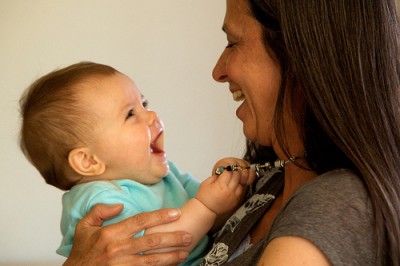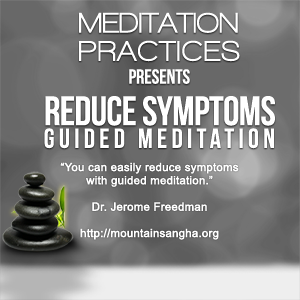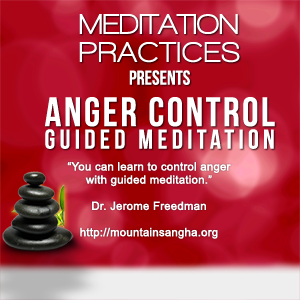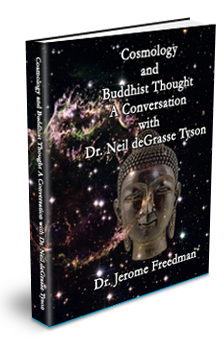 The compassionate instinct is a term coined by the University of California, Berkeley professor of psychology, Dacher Keltner. He was one of the contributors to the Sounds True series on The Compassionate Brain hosted by Rick Hanson. His topic was The Evolution of Compassion: From Gene to Meme.
The compassionate instinct is a term coined by the University of California, Berkeley professor of psychology, Dacher Keltner. He was one of the contributors to the Sounds True series on The Compassionate Brain hosted by Rick Hanson. His topic was The Evolution of Compassion: From Gene to Meme.
According to Compassion: Our First Instinct, an article that appeared in Psychology Today, the compassionate instinct refers to
…a natural and automatic response that has ensured our survival. Research by APS Fellow Jean Decety, at the University of Chicago, showed that even rats are driven to empathize with another suffering rat and to go out of their way to help it out of its quandary. Studies with chimpanzees and human infants too young to have learned the rules of politeness, also back up these claims. Michael Tomasello and other scientists at the Max Planck Institute, in Germany, have found that infants and chimpanzees spontaneously engage in helpful behavior and will even overcome obstacles to do so. They apparently do so from intrinsic motivation without expectation of reward. A recent study they ran indicated that infants’ pupil diameters (a measure of attention) decrease both when they help and when they see someone else helping, suggesting that they are not simply helping because helping feels rewarding. It appears to be the alleviation of suffering that brings reward — whether or not they engage in the helping behavior themselves. Recent research by David Rand at Harvard University shows that adults’ and children’s first impulse is to help others. Research by APS Fellow Dale Miller at Stanford’s Graduate School of Business suggests that this is also the case of adults, however, worrying that others will think they are acting out of self-interest can stop them from this impulse to help.
Dr. Keltner has also pointed out that
the term “survival of the fittest,” often attributed to Charles Darwin, was actually coined by Herbert Spencer and Social Darwinists who wished to justify class and race superiority. A lesser known fact is that Darwin’s work is best described with the phrase “survival of the kindest.” Indeed in The Descent of Man and Selection In Relation to Sex, Darwin argued for “the greater strength of the social or maternal instincts than that of any other instinct or motive.” In another passage, he comments that “communities, which included the greatest number of the most sympathetic members, would flourish best, and rear the greatest number of offspring.” Compassion may indeed be a naturally evolved and adaptive trait. Without it, the survival and flourishing of our species would have been unlikely.
In other research, Kristen Neff has shown that both men and women agree that kindness, or as we would say in Buddhism, loving kindness, is the principal characteristic that people look for in a mate.
Additional research shows that compassion has overall benefits for health and longevity as well as happiness and feelings of well-being. It has also been shown that
Social connectedness therefore generates a positive feedback loop of social, emotional, and physical well-being. Unfortunately, the opposite is also true for those who lack social connectedness. Low social connection has been generally associated with declines in physical and psychological health, as well as a higher propensity for antisocial behavior that leads to further isolation.
I know this to be true, especially when it comes to support groups for healing and well-being.
Other research projects that have appeared on the pages of Meditation Practices for Healing and Well-being are reported in the Psychology Today article. These include the work of Richie Davidson as well as the Center for Compassion and Altruism Research and Education (CCARE).
How will you manifests your compassionate instinct today?













You must be logged in to post a comment.